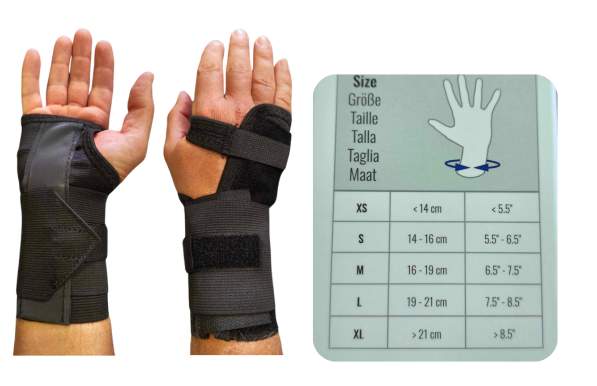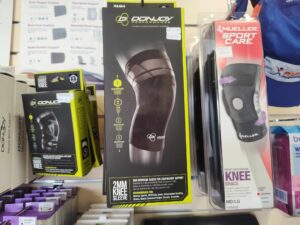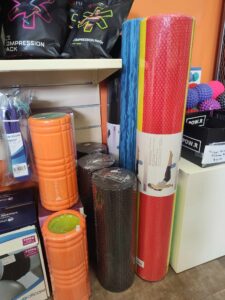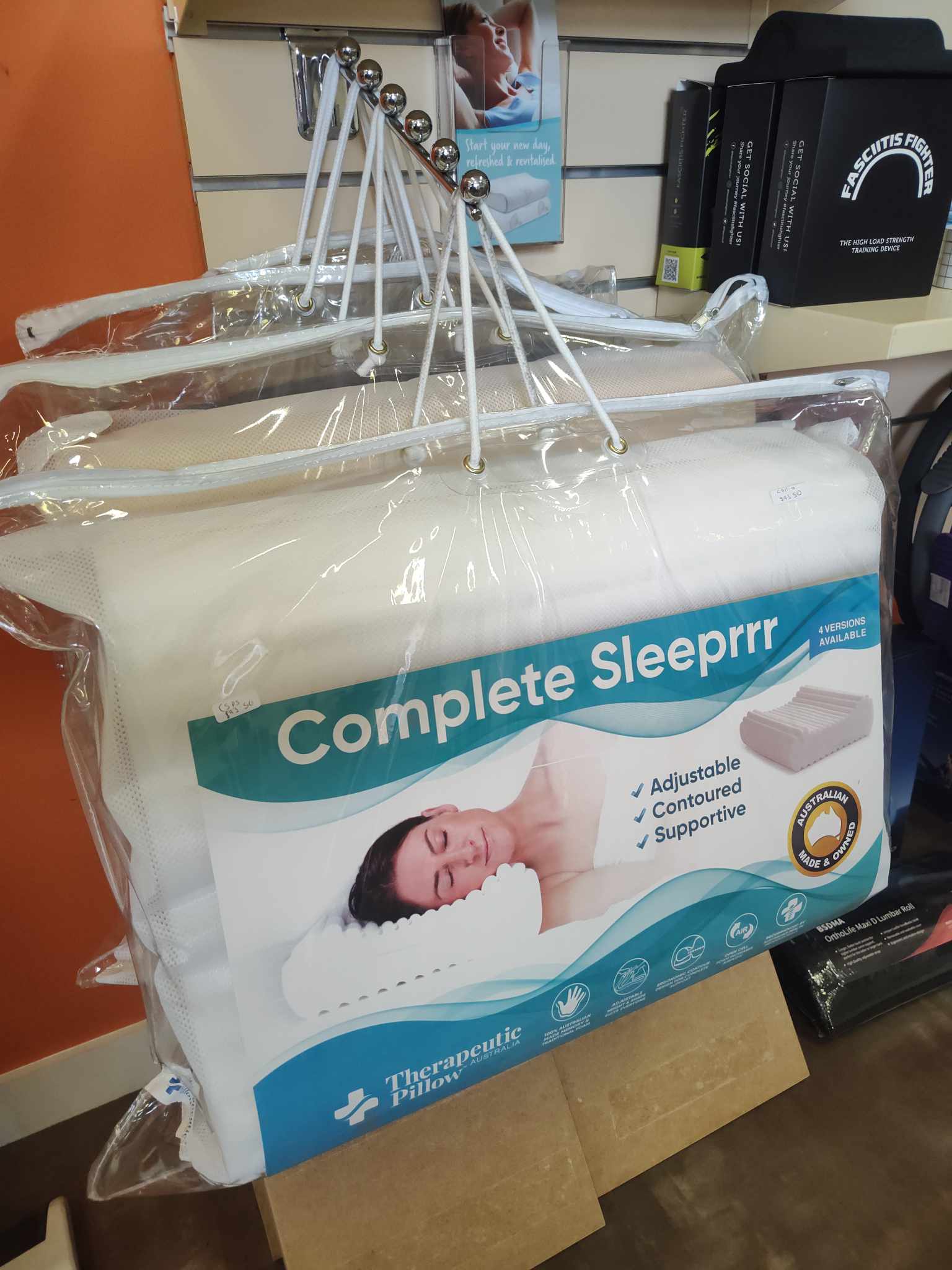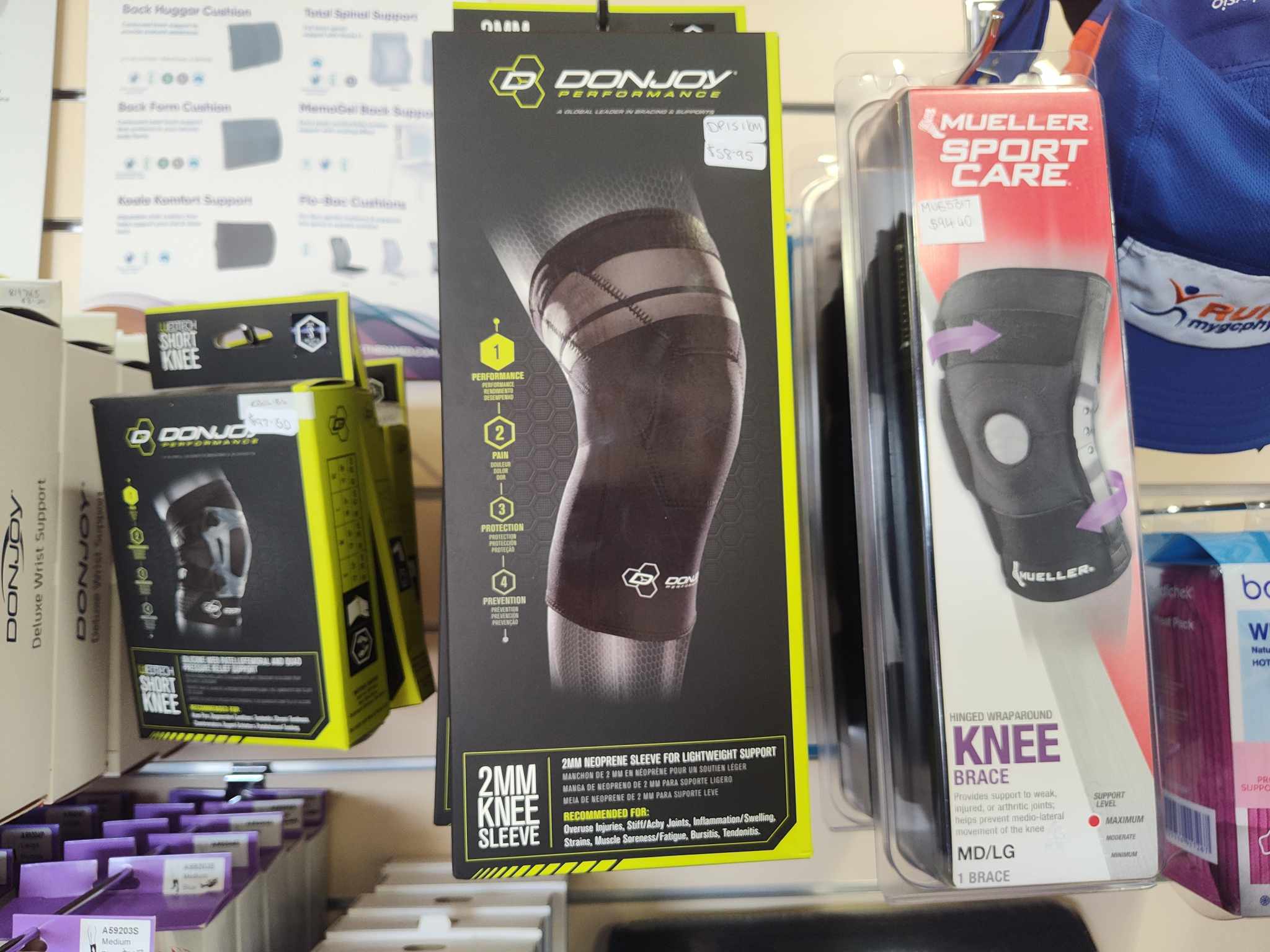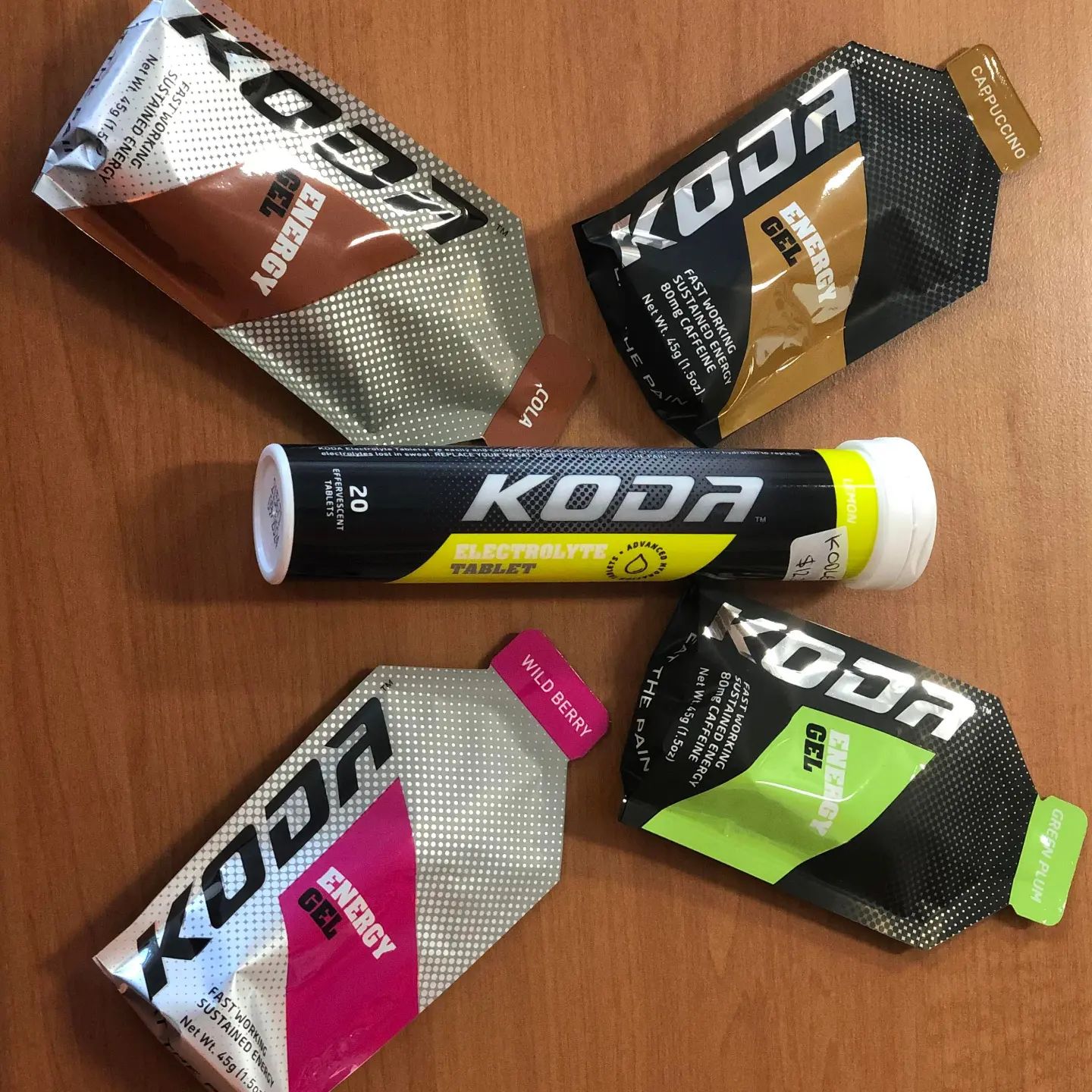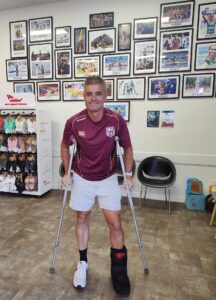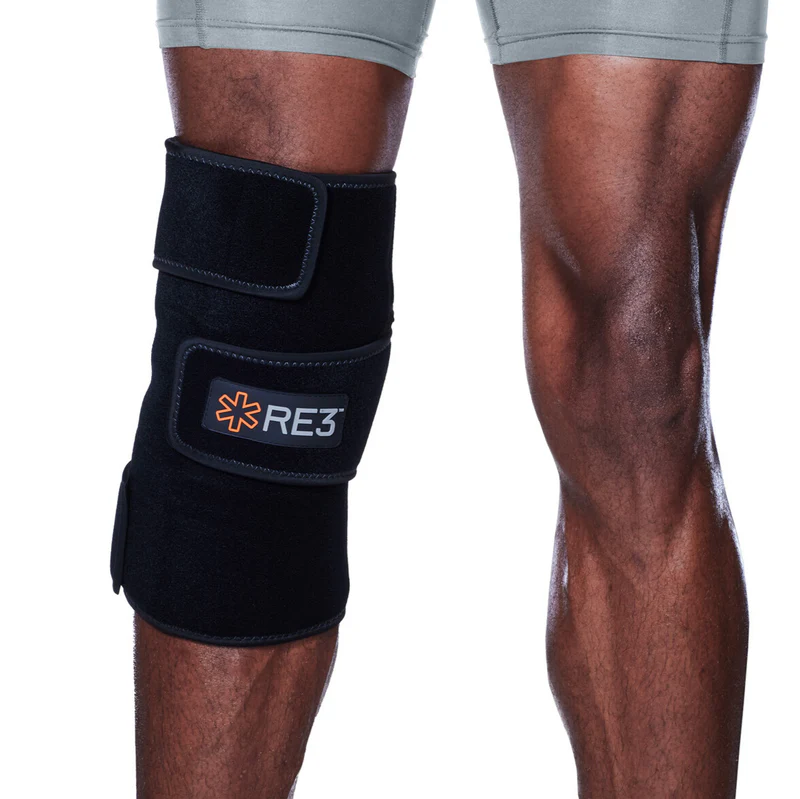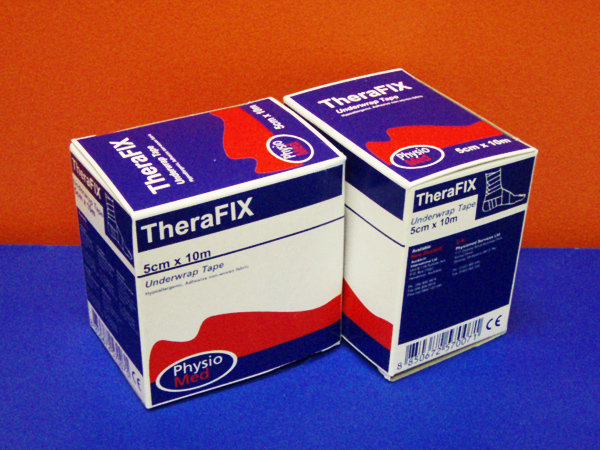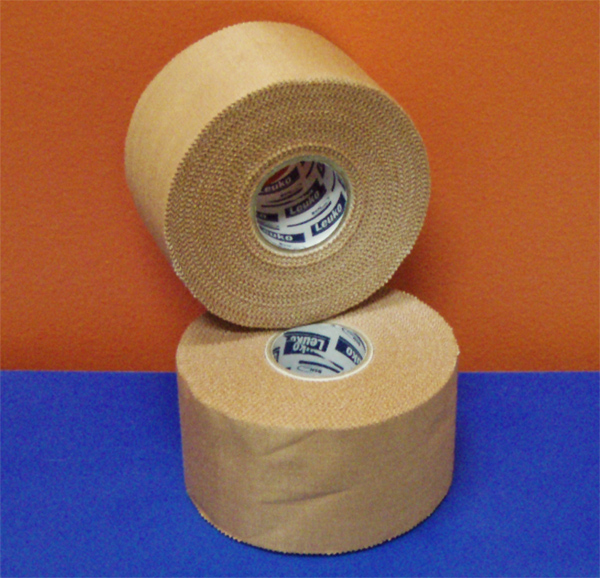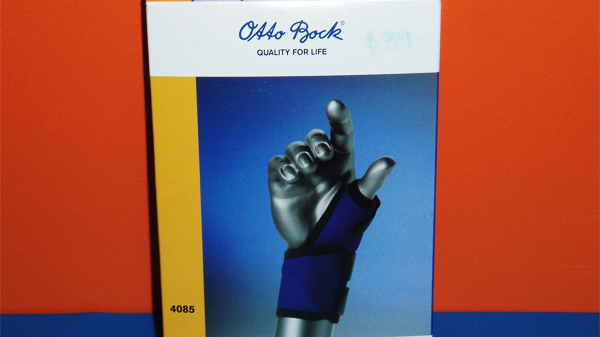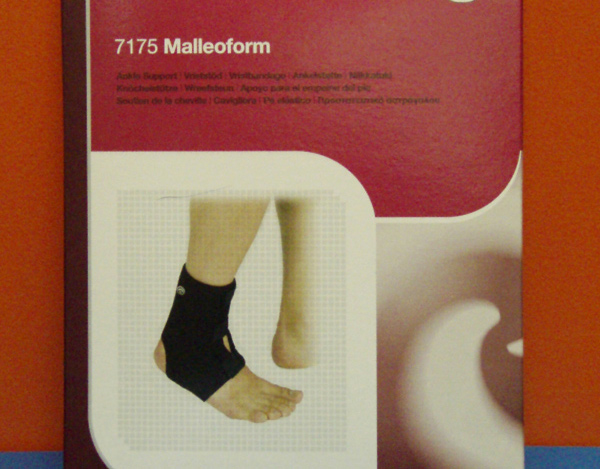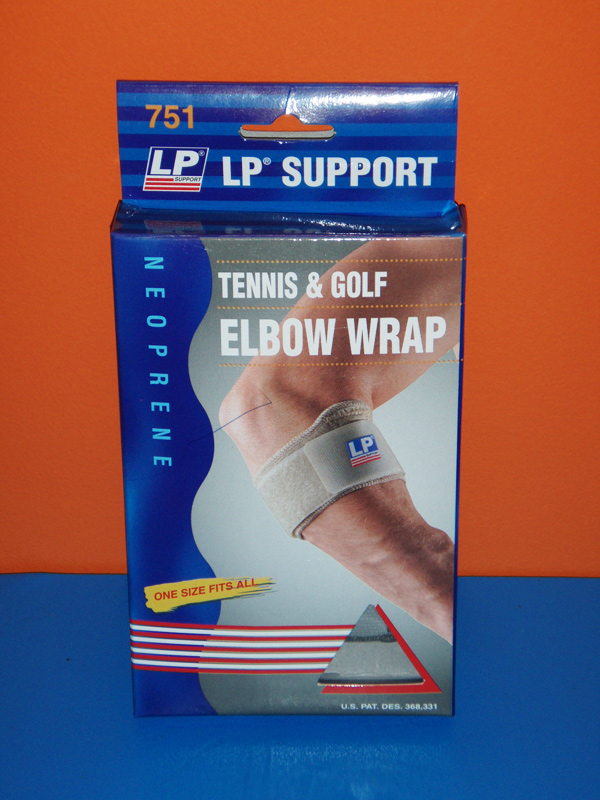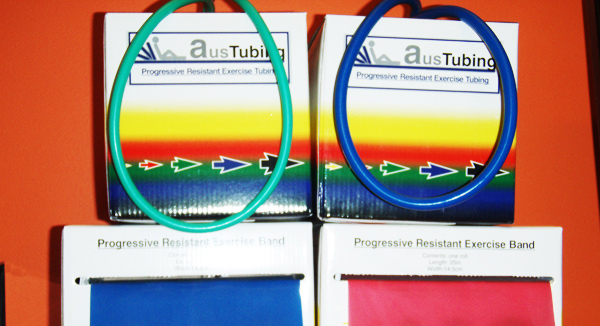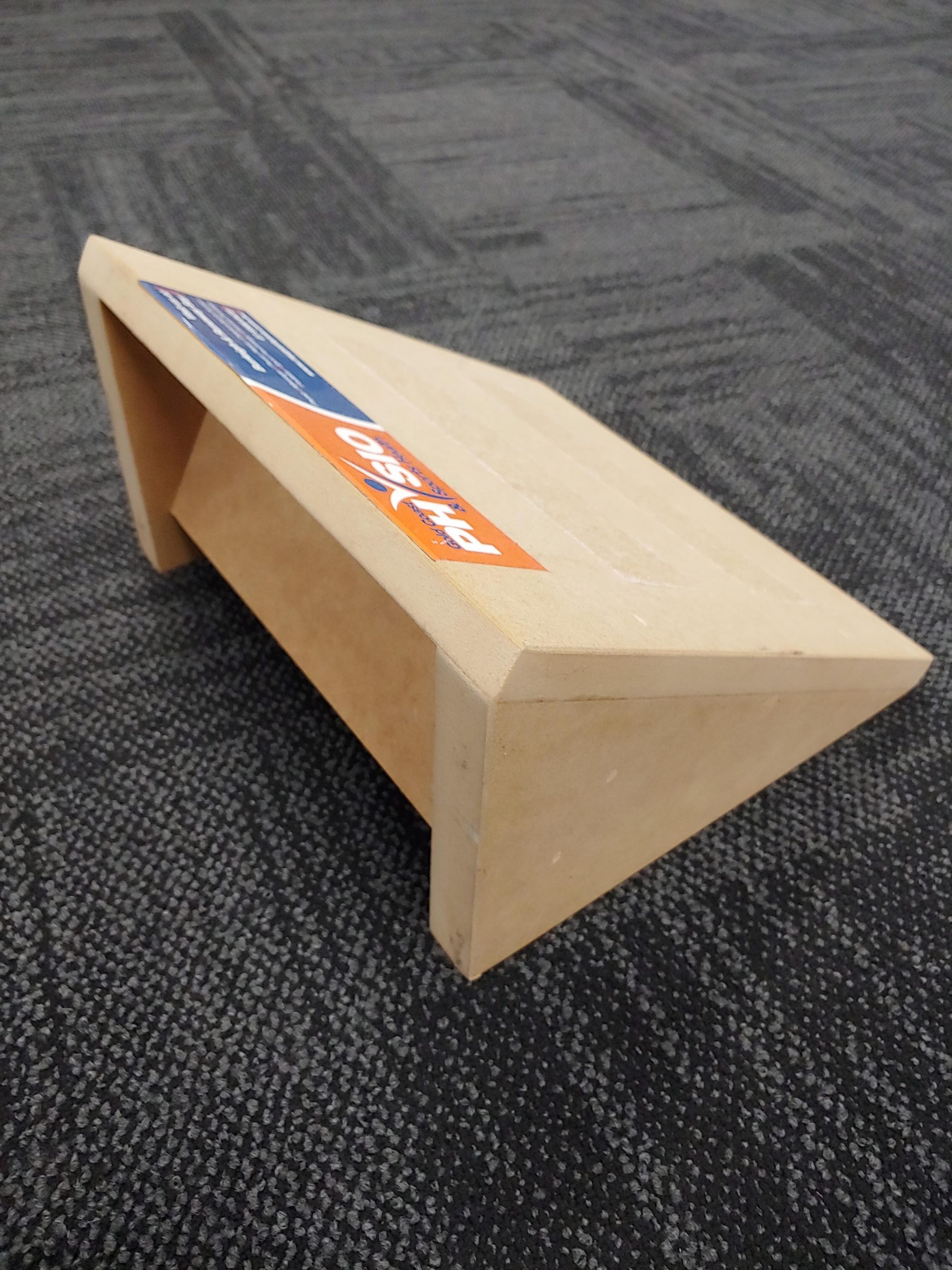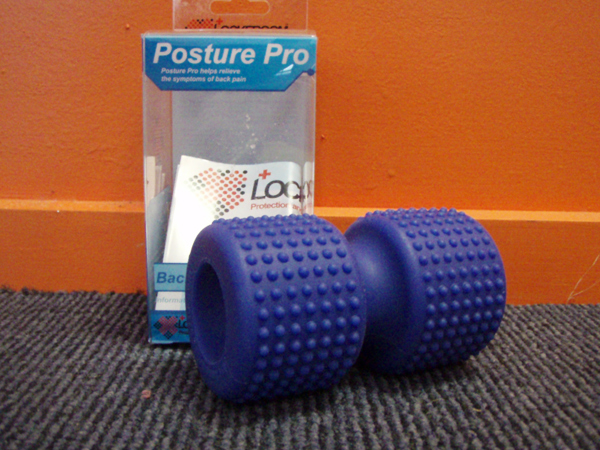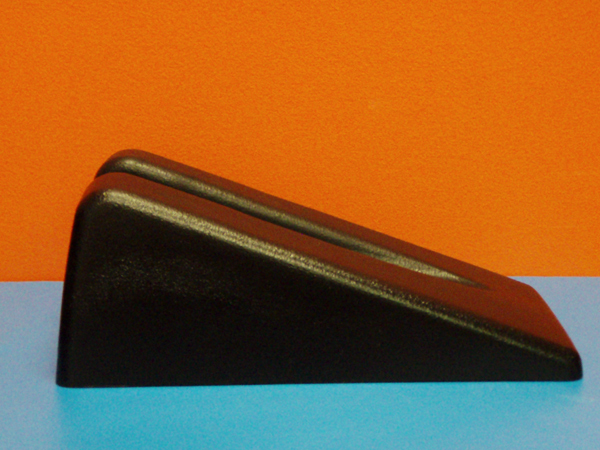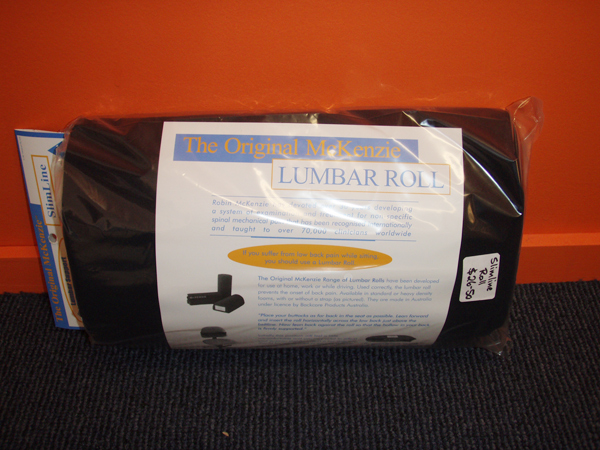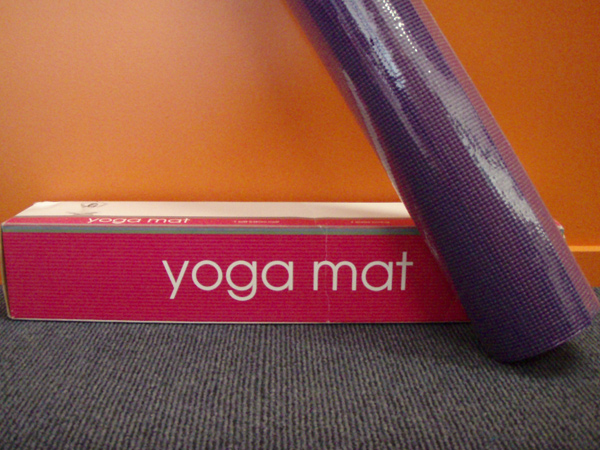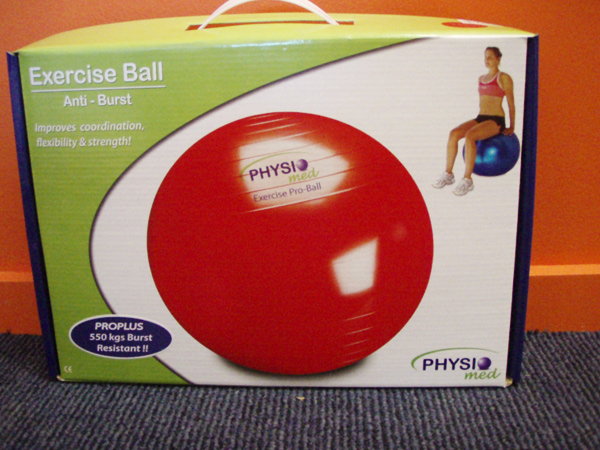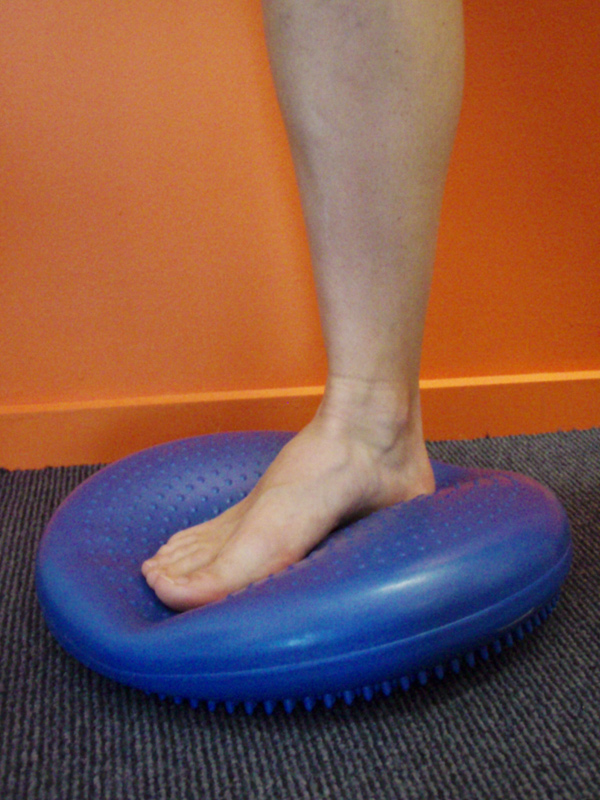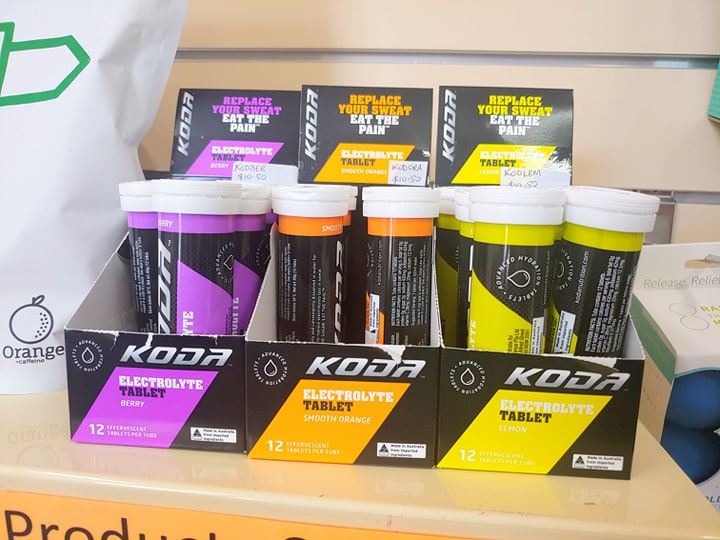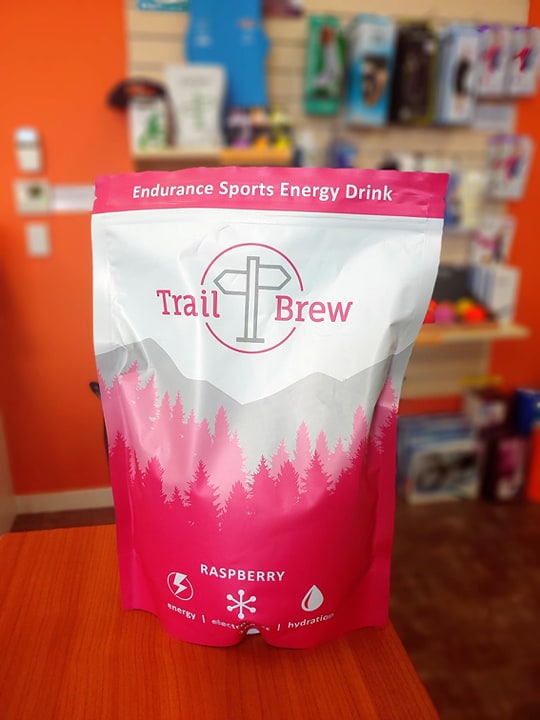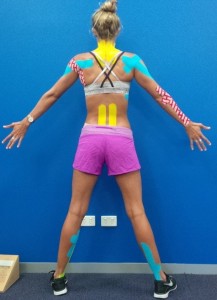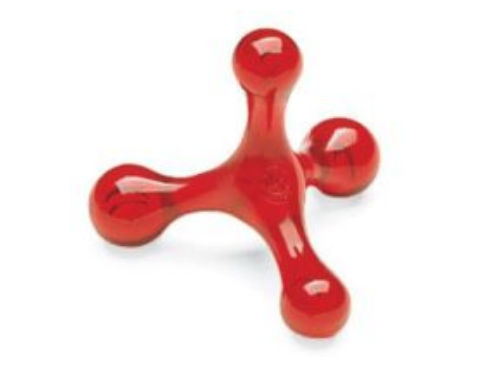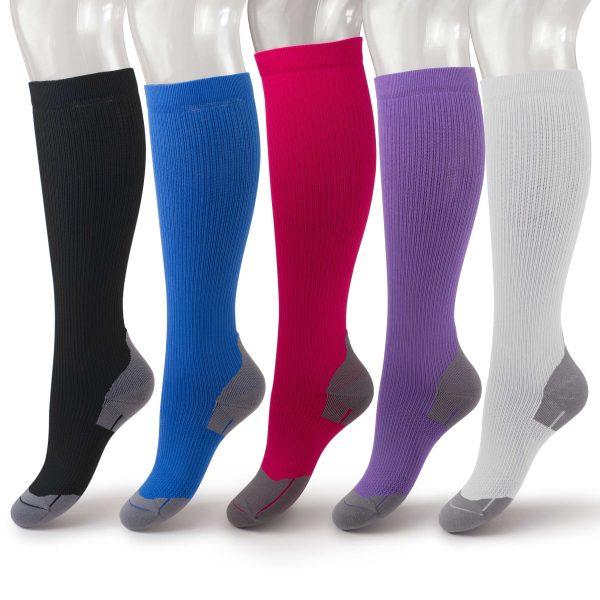Do you Suffer Calf Pain when you Run?
By Physio & current National Champion, Ultra-running 20-25yrs 50km & 100km, Kyle Weise
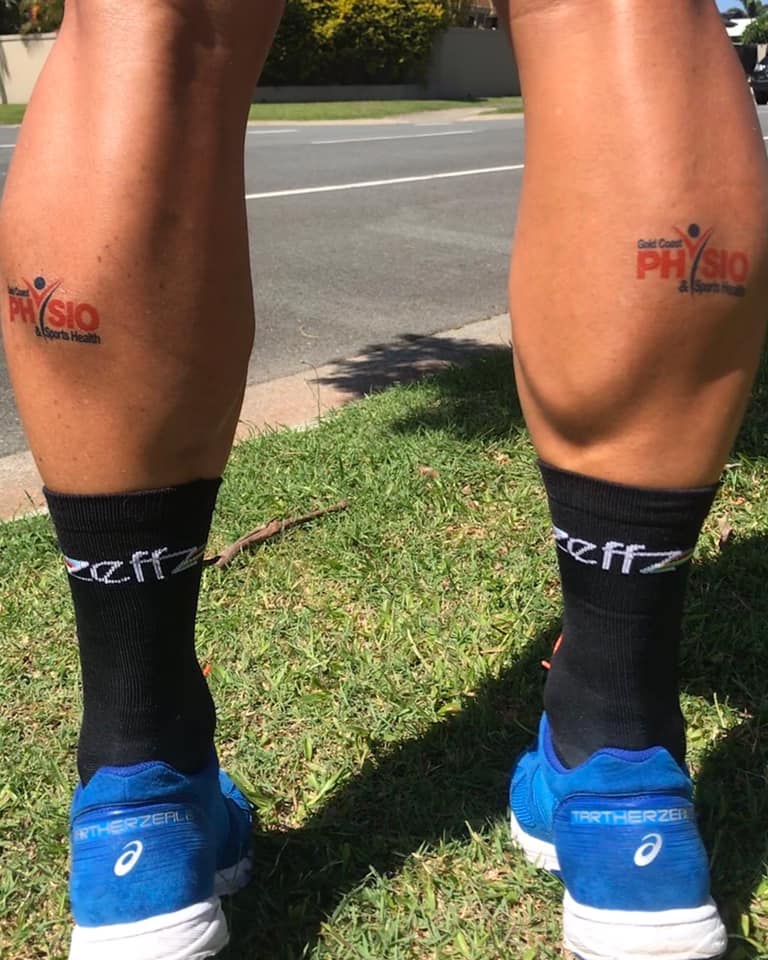 Most runners know the feeling of running along and then out of nowhere, ‘pop’, a sharp pain in your calf muscle area. Or some mornings when you wake up with a tight calf muscle and start running and it doesn’t warm up like usual, and stiffness or pain just gets worse and worse.
Most runners know the feeling of running along and then out of nowhere, ‘pop’, a sharp pain in your calf muscle area. Or some mornings when you wake up with a tight calf muscle and start running and it doesn’t warm up like usual, and stiffness or pain just gets worse and worse.
Over the last few months in the clinic we have seen a rise in the number of runner’s presenting with first time and recurrent calf strains. This is a very common injury in runners.
Many runners become very frustrated with recurrent calf pain & this type of injury, as they will feel like they are on top of it and then they end up right back at square one with a re-strain.
So let’s take a look at what happening’s in a Calf Muscle Strain Injury:
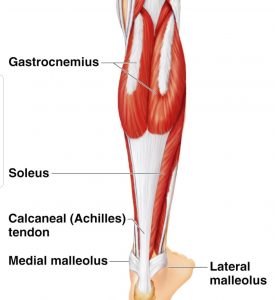 The calf muscle is made up of two different muscles: the Gastrocnemius which is made up of the medial (inside of leg) and lateral (outside) heads, and is the muscle that most people think of when they hear the term “calf strain.” Then there’s the Soleus, which runs deeper/under the two heads of the gastrocnemius.
The calf muscle is made up of two different muscles: the Gastrocnemius which is made up of the medial (inside of leg) and lateral (outside) heads, and is the muscle that most people think of when they hear the term “calf strain.” Then there’s the Soleus, which runs deeper/under the two heads of the gastrocnemius.
Muscles are made up of lots of muscle fibres, with these bands of fibres running in parallel. A muscle strain occurs when the force applied to these fibres exceeds the resistance strength of them. Aliken this to what happens when you cut your skin- the force to the skin fibres was more than they could resistance so you end up with a visible separation in the skin where the skin fibres do not join each other.
Now there are many grades and locations of calf strains in runners, and the time to return to running will vary depending on the grade and location of injury. However, the initial rehabilitation process will follow a similar pathway as each injury will follow a similar process of acute response to the tissue damage and then regeneration, repair & remodelling. Again, think about what happens with you skin cut- platelets should form a layer that connects the ends of the skin cells, then the cells with the platelets start to change into a cell form that resembles skin cells, then these immature skin cells become stronger skin cells.
It is important to understand that when running, the calf muscles are placed under a high level of load. Research has shown that the force on the calf muscles during running is up to 7x your body weight! Therefore, the goal is to build strength and robustness in your calf muscle to withstand these high forces during running to prevent reinjury.
However, when running, the speed of contraction is much faster than when doing a slow, heavy resistance exercise in the gym. Therefore, the exercises during the strengthening and muscle fibre remodeling phase need to reflect this. This phase is often missed by a large proportion of runners when returning from a calf injury.
Most runner’s will go through a block of heavy slow resistance exercises and be able to complete this symptom free. This is when most runners will return to running as they feel their calf muscle is strong and pain free and therefore ready to return to running- Only to end up back at square one within the next few weeks to months.
This is a classic example of the story I hear from numerous runners who present to the clinic with ongoing calf pain.
It is crucial that a thorough strength and conditioning plan is developed to increase robustness in your calf muscle to allow it withstand the high workload placed on it during running. This exercise plan needs to targets all aspects of how the calf functions during running and should also be planned around a graded return to run program that will be carefully directed by your Physio.
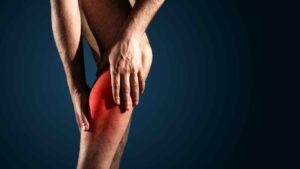 What if your calf pain is not from a muscle strain?
What if your calf pain is not from a muscle strain?
In addition to the muscular causes of calf pain, pain can also arise from vascular (blood vessles), neurologic (nerves) and other skeletal conditions (ie bone) and non-skeletal causes (ie. tumors). This is another reason why it is of great importance to have your calf pain assessed by a physiotherapist to accurately help you diagnose the cause of your Calf pain, and then help direct with the best management plan to achieve your goals of running.
If you have been suffering with ongoing calf pain or recurrent calf strains, you can book online or you can call our clinic on o7 5500 6570 and book in an appointment with our experienced Physio’s that have an interest in Running to ensure you receive a proper diagnosis and management plan so you can return to running pain free.

